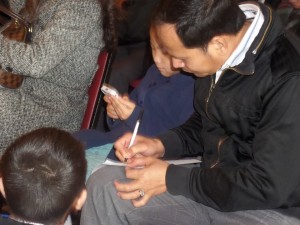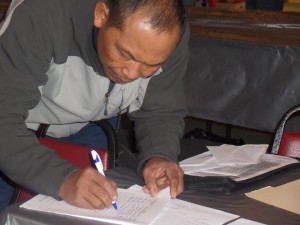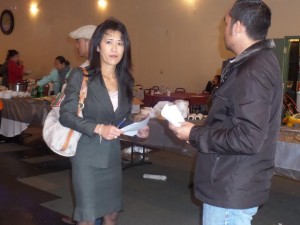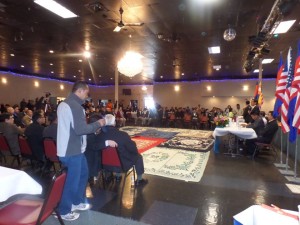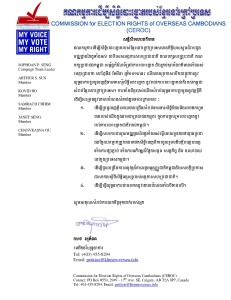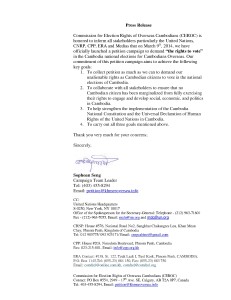Reform of the National Election Committee – an issue which last week threatened to derail talks between the ruling party and opposition – has been agreed to as an election reform priority, officials said after the third meeting of a bipartisan committee yesterday.
The committee, which first met on March 3, also released a framework of 14 areas of election reform. Further details will be hammered out in another meeting next Monday, before the framework is taken to a yet-to-be-scheduled national workshop for consultation, party representatives said.
The neutrality of armed forces and civil servants – fingered as a major issue by rights groups during campaigning for last July’s election – features on the list of proposed reform areas.
Earlier this year, Defence Minister Tea Banh accused the opposition Cambodia National Rescue Party of “inciting chaos in society” during street protests and called on the armed forces to defend the government.
Other points on the list include parties’ access to media, the direct election of village chiefs, an election dispute resolution mechanism, rules on election propaganda and, despite being lampooned as “ridiculous” by the opposition, the neutrality of election watchdogs.
Significant reforms agreed to in previous meetings, such as overhauling the voter list and the creating a law on political party finance, are also on the agenda.
No specific details of how reforms would be implemented have been released, but the CNRP has said it wants an independent, constitutionally recognised election body to replace the current NEC, and for members of the committee to require approval by two-thirds of parliament.

